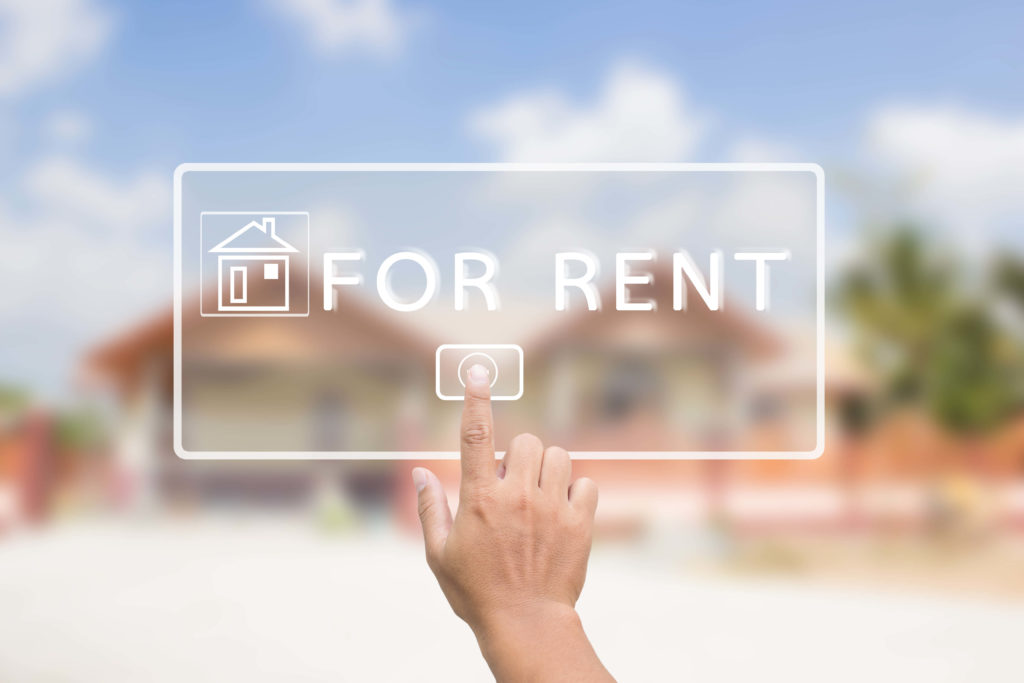Hire a Renters Rights Lawyer to Defend You
What Are Renters Rights?
As a renter, sometimes referred to as “tenant,” you have specific rights you should be aware of. Those rights apply whether you rent an apartment, a condo, a home, or any other residential unit. Tenants’ rights prevent housing discrimination and rent gouging and ensure you have a safe and clean place to live. These renters rights allow you to pursue legal recourse if the property owner fails to fulfill her or his obligations.
Do you suspect your landlord failed to follow proper rules and regulations? We can connect you with an expert renters rights lawyer to defend your rights.
What Renters Rights Do You Have?
Be aware of the rights you have as a renter so you can defend them and seek legal help. The U.S. Department of Housing and Urban Development website offers a variety of state and local tenant resources. Because there is so much to review, we broke everything down for a quick and easy reference:
Finding a Place to Rent
If you apply to rent a living unit, you cannot receive a rejection based on your race, color, religion, age, sex, national origin, family status, or mental or physical disability. The federal Fair Housing Act covers these tenant rights. Depending on the state you live in, further laws may prohibit discrimination based on other categories. Additionally, if a landlord rejects you because of your credit check, you can request in writing what negative information that person found on your credit report.
Finally, if you have a disability, your landlord must make reasonable accommodations for you, such as allowing you to lease a lower unit. Usually, these modifications can be at a low cost. If you rent in an older building, your unit likely contains lead paint. The property owner must disclose this information to you before you sign the rental agreement. If you suspect your landlord broke any of these requirements, seek legal help to defend your renters’ rights.
Living in a Rental Unit
As a tenant, it is your right to live in a habitable residence. Your place of rent must be safe, and it must have functional utilities, water, and heat. The property owner must make the necessary repairs while you reside at the rental property.
Also, you have the right to privacy, so your landlord cannot come into your home or room without notice. Depending on what state you live in, specific laws note how much notice a landlord must give you before entering your unit. This is a typical requirement when your landlord needs to make repairs or show your unit to potential renters.
Moving Out of Your Rental Unit
When you move out of your rental unit, you may wonder about your security deposit. Every landlord expects a security deposit before tenants move in to cover unforeseen damages renters may cause while living in the rental property. Depending on your state, there may be a limit on the deposit amount. However, no matter the tenant, the landlord must charge the same security deposit unless there exists an exceptional reason. At move-out, check your rental agreement on when and how you can expect to receive your security deposit. If the landlord keeps your deposit, it is your right to request written documentation of the damage she or he uses the deposit for.
It is common for tenant rights disputes to focus on security deposits, alleged damage, and repairs. If you cannot resolve this issue with your landlord, a renters rights lawyer can step in to resolve the issue.
When to Hire a Tenant Lawyer
Usually, you can resolve your landlord-tenant issue by checking your contract and talking things out with the property owner. However, there are situations when you need an expert on landlord-tenant law and renters rights to stand up for you.
Your Landlord Evicts You
When landlords try to evict tenants, landlords must follow specific eviction procedures outlined by state and local authorities. If your landlord tries to evict you by locking you out, canceling your utilities, or removing your possessions, contact a tenant lawyer. The actions outlined above are illegal, so you likely have a good case against your landlord with the help of an expert eviction attorney.
Your Landlord Discriminates Against You
If you think your landlord discriminated against you based on race, color, age, sex, or another category, you have legal options. One is to file a fair housing complaint with the U.S. Department of Housing and Urban Development. If they consider your complaint reasonable, you may receive legal representation at no cost. However, this process can take a long time, and often, hiring a tenant rights lawyer from the beginning presents a more efficient option. A legal professional can build your case, help stop the illegal actions and reward you with damages for any harm caused.
Your Landlord Fails or Refuses to Make Necessary or Promised Repairs
As a renter, one of your core rights is that your rental property remains habitable and safe. For example, if the landlord refuses to make repairs when your heater breaks in the middle of winter, you can take action. Or, if someone broke your first-floor apartment windows and you worry about being robbed, you have a case. One option is withholding rent payments. This usually works, but it requires adhering to a proper method. A renters rights lawyer can advise you on how to proceed so you get results and follow the law.
Work With an Experienced Local Lawyer
You have legal options to stand up to your landlord. We have connected millions of legal requests to date with expert lawyers near you that are well versed in renters rights. Submit a request online or call us today at (866) 345-6784 to get in touch with an experienced lawyer in your area!

